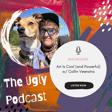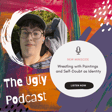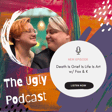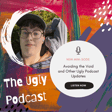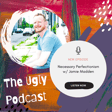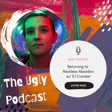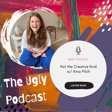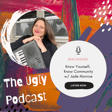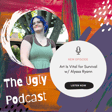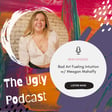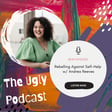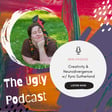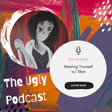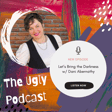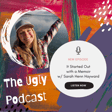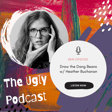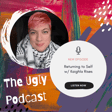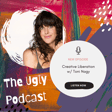
Shifting Paradigms w/ Jamie Fiano
In this episode, I'm joined by Tacoma artist Jamie Fiano (she/her). Jamie and I discuss how creativity is more than putting color to a page; it's how we live and how we interact with each other. And in that interaction, we open ourselves up to new ways of being. Creation can be a path to freeing ourselves from old trains of thought that no longer serve us; it can give us a safe place to practice embracing the void and imagining new paradigms. As Jamie so beautifully puts it, "Creativity is the creation of space which is safe, secure, and sacred."
You can find Jamie at local Tacoma events through Cascade Music Alliance, Creative Colloquy, and open mic nights at Soulberry Coffeehouse.
References:
Short story I couldn't remember the name of about "derivative art": Melancholy Elephants by Spider Robinson
Dimension 20: Fantasy High "Palimpsest"
Definition of "palimpsest"
